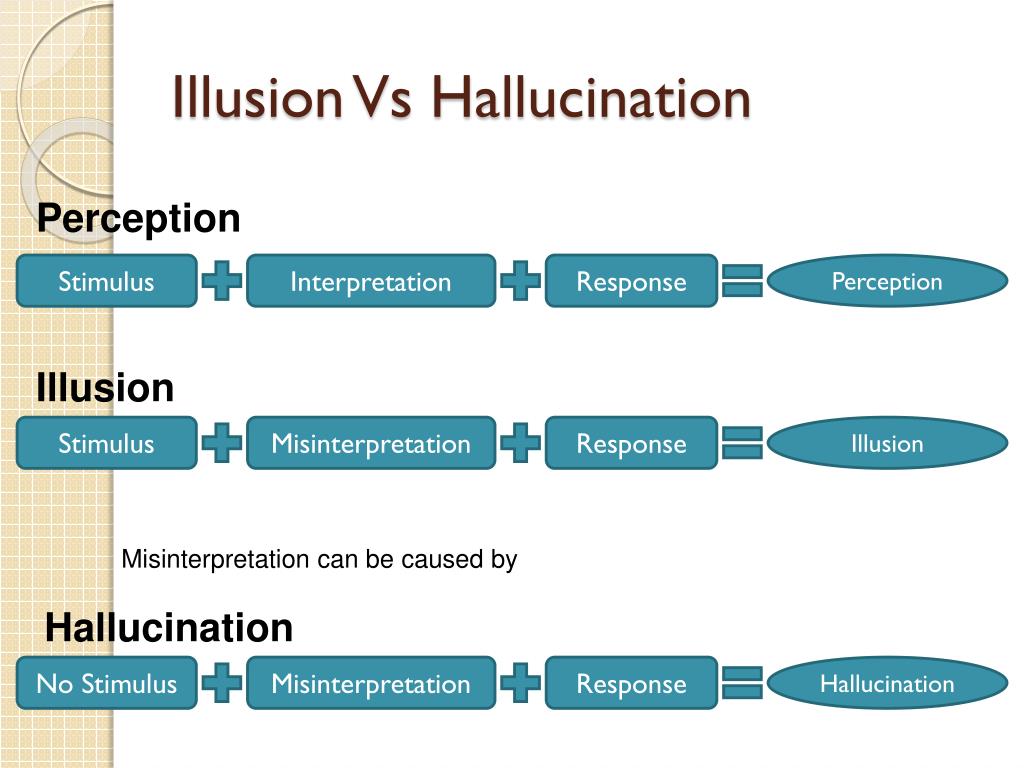

This is thought to be the most common type of delusion. People with somatic delusions believe they are suffering from a medical condition or parasitic infection that they do not have. This could be harmless or lead to behaviors such as stalking. Jealous delusions often revolve around beliefs of being the victim of an affair.Ī person with erotomanic delusions believes that an important person (for example, a celebrity) is in love with them. In other words, the person believes they are better than others. Symptoms of grandiose delusional disorder center around beliefs of superiority. Therefore, types of delusions are categorized by theme. There are many different types of delusions but delusional thinking generally follows patterns. On the other hand, examples of delusions that are bizarre include things that could never happen in real life, such as the ability to become invisible. Examples of delusions that are non-bizarre include something that could actually happen in real life, like a cheating spouse. Delusions are referred to as non-bizarre or bizarre in nature. Usually, these beliefs persist even when there is evidence that they are not real. Therefore, a person experiencing a delusion will steadfastly believe in something that isn’t true. Frequently Asked Questions Regarding Delusions vs Hallucinationsĭelusions are false beliefs.Knowing the difference between these two conditions can help you determine the best course of action.

While delusions can be a mental illness on their own (Delusional Disorder), delusions and hallucinations are often a part of a bigger problem. When this happens, the alterations in the brain can cause misunderstandings between what is real and what is imagined in our everyday lives.īoth delusions and hallucinations distort reality in ways that are incredibly difficult for a person to understand. When a mental health condition develops, a malfunction in the brain can occur. The brain dictates moods, thoughts, and behaviors, and creates individuals’ realities. Understanding the differences between delusions vs hallucinations can be helpful in diagnosis and treatment as well as in the management of mental health conditions that cause these symptoms. However, while similar, they are not the same. Delusions and hallucinations are both symptoms of mental health disorders that alter a person’s perception of reality.


 0 kommentar(er)
0 kommentar(er)
